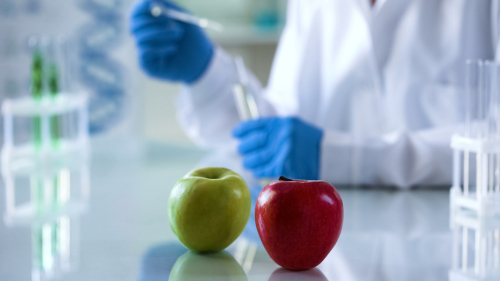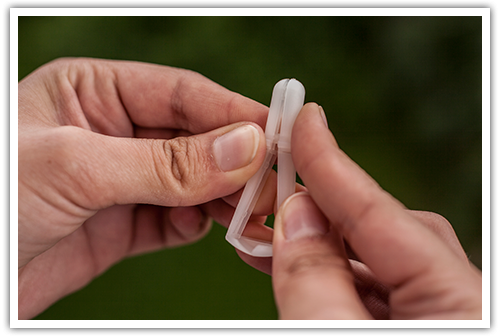The LIST technology is based on the culture of dedifferentiated plant cell in suspension. LIST has developed a process to use and culture dedifferentiated plant cells to produce conjugated pentacyclic triterpenes (LIST IP, WO2020161221A1). Cells are grown in a liquid medium, in a bioreactor optimized for optimal growth rate and triterpene production . LIST is developing through the Greentech Innovation Centre (GTIC), a platform aiming to reach “in house” a TRL7-8 (300L bioreactor), including the associated downstream process to recover and purify the triterpenes obtained. This corresponds to a pilot scale for mid-size cosmetic industry use of bioactive ingredient.
Background:
Cosmetics companies are constantly looking for new ingredients, to gain an edge on the market and distinguish themselves from their competitors, even on a niche market. Conjugated pentacyclic triterpenes are of great interest for the cosmetics sector given to their novelty and strong bioactivity. They are used for their anti-aging properties in cosmetic formulations. However, reduced available biomass, the presence of contaminants upon extraction of said biomass, complex extraction/purification steps with a negative effect on yields, all strongly hinder their evaluation and use as part of the cosmetic sector. For this reason, conjugated triterpenes are considered as an unexplored niche market.
Benefits:
Previous market studies have identified two main competing technologies in the field of active ingredient production namely, the petrochemical production and biomass extraction. In the last decade, cosmetic companies have showcased a reduced interest for petrochemistry-based ingredients due to both changes in EU and world legislation as well as the shift towards the use of natural products, as requested by customers. Furthermore, pentacyclic triterpenes and especially conjugated pentacyclic triterpenes are nearly impossible to produce using classic synthetic chemistry, explaining the uniqueness linked with using dedifferentiated cells to produce conjugated pentacyclic triterpene with high yields.
On the other hand, natural ingredients obtained from biomass extraction processes currently coverthe majority of the bioactive ingredient market. However, the main issue of this technology is the availability of the starting biomass, which is also linked to seasonality, the rather limited yield in triterpenes and conjugated derivatives and the biosafety of the final ingredients. Our technology is particularly powerful as it allows the production of compounds, which are poorly available in nature, with a 1,000-fold ratio in triterpene-conjugates yield per gram of biomass. Our technology also ensures limited residues can be found in the extract (no pesticides, heavy metals, etc…) as well as complete ingredient traceability.
More generally, the plant cell suspension culture technology itself offers strong arguments in terms of:
- sustainability with a low water use and no overexploitation of land for the production of biomass.
crop sourcing by offering an unlimited,stable and on demand production technology.
Applications:
There’s different application foreseen for these compounds in sectors such as:
- Cosmetics (bioactive ingredient)
- Biocontrol (Elite molecule/extract for plant stimulation and protection)
- Pharmaceuticals (New drug discovery)
- Nutraceuticals (ingredient with antioxidant or anti-inflammatory)
- Dietary supplements (ingredient with antioxidant or anti-inflammatory)
Furthermore, the use of the dedifferentiated plant cells could be declined to obtained different types of compounds using cell lines originating from different plants.
Opportunity:
Technology scale-up
Development of plant cell lines for the production of specific metabolites
IP Status:Patent has been filed and extended internationally.
Desired business relationship
Technology development
Licensing
Seeking investment



